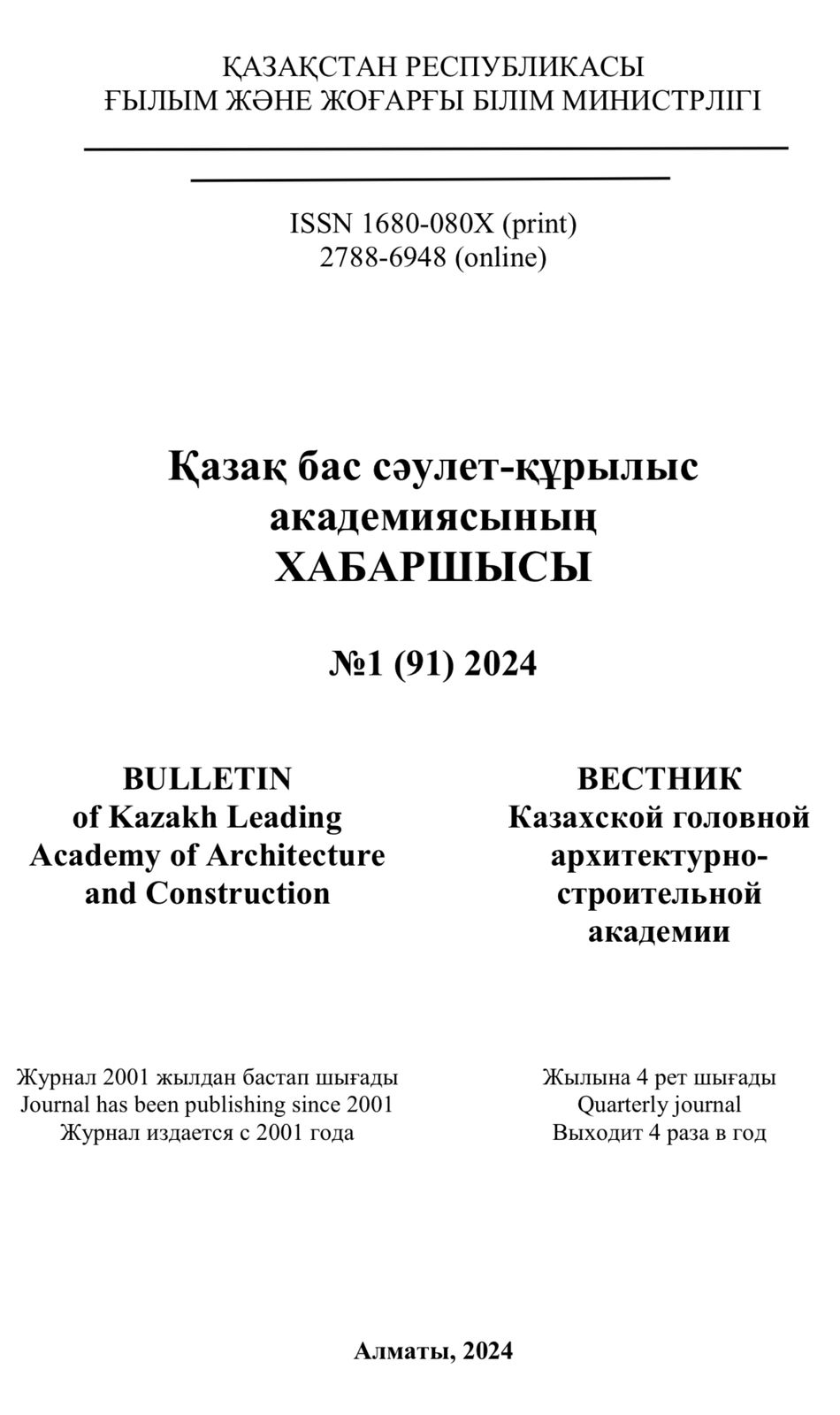Abstract
Abstract. An urgent issue in the construction industry is the introduction of resource-saving, energy-saving technologies in the production of building materials, products and structures. By reviewing foreign literary scientific works, it has been proved that it is possible to obtain composite materials – arbolite products based on vegetable agricultural waste such as cotton stalks, rice husks and its straw and other organic fillers. To reduce the cost of products made of arbolite, as well as improve its quality, it is envisaged to use ash from the ash dumps of the Kyzylorda Heat and Energy Central (CHP) as part of a multicomponent binder. Samples of arbolite were prepared for five compositions of a multicomponent binder. In particular, the following formulations have been adopted: 1 - CHP ash – 60%; 2. CHP ash – 50%; 4. CHP ash 45% + rice husk ash 5%; 5. CHP ash-42% + rice husk ash 10%. The cement of the 4th and 5th composition and the ash of the CHP with the addition of rice husk ash are crushed in a ball mill with a specific surface area of up to 3500-4000 cm2/g. For the production of arbolite products, the technology of pressed arbolite, manufactured by conveyor method, has been applied. The compressive strength of arbolite samples based on various plant agricultural waste and a multicomponent binder was determined. The developed technological operations improve the physical properties of arbolite and increase its strength. As a result of experimental studies, the strength of arbolite with a density of 615 kg/m3 based on rice husks during compression was 2.5 MPa, arbolite with a density of 621 kg/m3 based on wood chips was 2.6 MPa, arbolite with a density of 605 kg/m3 based on cotton stems was 2.40 MPa, arbolite with a density of 614 kg/m3 based on mown rice straw-2.2 MPa and reed sawdust, the strength of arbolite with a density of 617 kg/m3 on the basis was 2.0 MPa.


